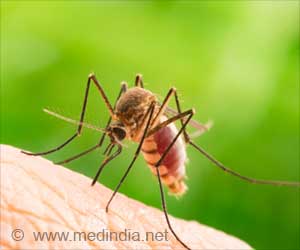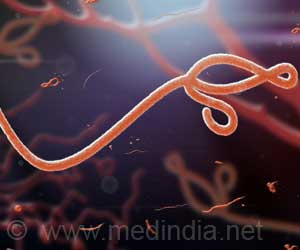Authorities in the US are bracing themselves for yet another West Nile season. They say Houston faces another season of intense activity if people don't follow precautions...
Health authorities in the US are worried about yet another bout of West Nile, a potentially fatal, mosquito-spread infection.
Rudy Bueno, the Chief of Mosquito Control of the Harris county has said that the situation may worsen if people don't follow the precautionary measures. There is still a large percentage of people in Houston who have not yet been affected by this disease. Not using repellants or going out at night in short-sleeve shirts can be potentially risky. He said people dropping their guard was the primary reason for last year's jump.In 2006 there was a serious escalation in the incidence of this disease in Texas. 354 persons were infected and 31 deaths occurred, whereas there were only 128 cases and 11 deaths the previous year.
Weather plays a big role in the spread of this disease and it is not clear what kind of season awaits Houston during 2007. It is generally believed that the spread of the disease may happen late.
The West Nile virus transmits between mosquitoes and birds. Infected mosquitoes transmit the virus to birds, animals and also to humans. A well known entomologist claims that mosquitoes haven't been able to reproduce as prolifically as in previous years. The mosquitoes are much sparser than usual, which will mean a lower infection rate of West Nile in birds.
The county has commenced fogging operations in storm sewers of two areas and trapped more than 1,000 mosquitoes. The fogging operations will further intensify in the coming weeks
Fortunately no West Nile activity has been detected in the mosquitoes trapped so far. But it is too early and they may still show up in the coming weeks. The county already has unconfirmed report of a suspected human case of West Nile.
Besides wearing repellant containing DEET and dressing in protective clothing during peak biting hours, health officials say the best precautions people can take are getting rid of standing water where mosquitoes breed and keeping them out of the house.
DEET is believed to work by blocking insect receptors (notably those which detect carbon dioxide and lactic acid) which are used to locate hosts. DEET effectively "blinds" the insect's senses so the biting/feeding instinct is not triggered by humans or animals which produce these chemicals.
Source-Medindia
GPL/V
 MEDINDIA
MEDINDIA
 Email
Email









